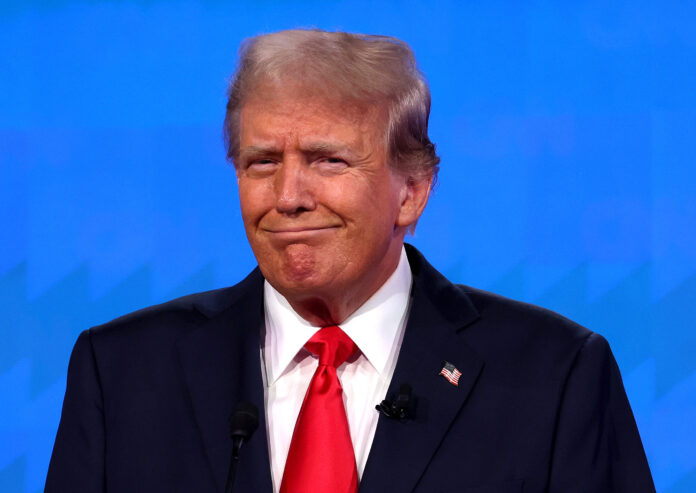“The QAnon crowd’s conspiracy theory about Trump’s love for ‘YMCA’ – The Daily Dot”
In a recent appearance at a rally in Michigan, President Donald Trump once again made headlines for his choice of music. As the Village People’s hit song “YMCA” blared through the speakers, Trump could be seen dancing and singing along with the crowd, delighting his supporters. While many may have simply seen this as a lighthearted moment, the QAnon crowd believes there is a deeper meaning behind Trump’s love for this particular song.
According to a recent article in The Daily Dot, some supporters of the QAnon conspiracy theory have speculated that Trump’s affinity for “YMCA” is a coded message to his followers. The theory posits that the song’s lyrics contain hidden references to QAnon’s beliefs, with the letters “YMCA” representing “young man, conservative agenda.” These claims have gained traction within the QAnon community, further perpetuating the baseless conspiracy theories that have become synonymous with the group.
While it may be tempting to dismiss these claims as fringe beliefs, it’s important to remember the potential impact of misinformation and false narratives. The spread of conspiracy theories, particularly those with political implications, can erode trust in institutions and sow division within society. In the case of QAnon, the FBI has identified the movement as a domestic terrorism threat, citing its potential to incite violence and instability.
This is not the first time that Trump has been associated with spreading false or misleading claims. In the past year, he has made numerous statements that have been fact-checked and debunked. From falsely claiming that mail-in voting leads to widespread fraud to promoting unproven treatments for COVID-19, Trump has a track record of making inaccurate statements.
According to a report by The Washington Post, Trump has made over 20,000 false or misleading claims during his time in office, averaging more than 12 false claims per day. This pattern of misinformation has had tangible effects on public discourse, with studies showing a decline in trust in media and political institutions.
In addition to the impact on public trust, Trump’s false claims have also resulted in legal and ethical controversies. His promotion of unproven COVID-19 treatments led to warnings from health officials and pharmaceutical companies, while his unsubstantiated claims of election fraud have fueled legal battles and challenges to the democratic process.
As the 2020 election approaches, it’s crucial for the public to critically evaluate the information they consume and to hold elected officials accountable for their statements. While the allure of conspiracy theories and sensational claims may be strong, it’s essential to prioritize verified facts and evidence-based information in order to maintain a healthy and informed democracy. The spread of misinformation, whether through coded messages in songs or baseless claims, poses a threat to the integrity of public discourse and the functioning of democratic institutions.
Source link
Redirect URL
